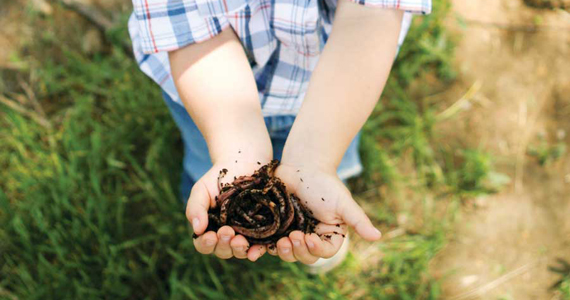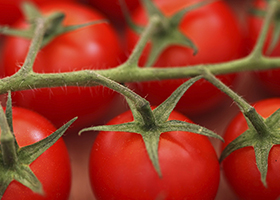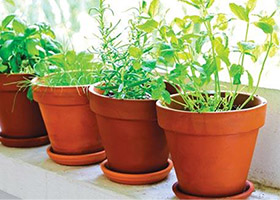Wonderful worm farming tips
Author | Green Villages
Ever fancied yourself as an urban farmer?
Worm farms are a wonderful way to start, particularly when your space is limited. You’ll turn those food scraps into rich organic fertilizer for your garden, and do your bit in diverting waste from landfill. Here’s our top ten tips to get those wigglies working for you.
1. Shady customers
Make sure you set up your worm farm in a cool, shaded spot. Remember, they don’t like the sun!
2. Choose the right worms for the job
Earth worms and worm farm worms aren’t the same – fill your worm farm with compost worms (also known as red or tiger worms). You usually need about 1,000 to get you started. You can buy them at your nursery store or online.
3. Toothless vegetarians
Worms don’t have teeth or eat meat. They’ll thrive when you feed them fruit and vegetable scraps and be especially grateful if you cut their food into pieces first.
4. A juice and coffee
Most of us enjoy a juice and coffee in the morning – so when you’ve finished, treat your worms to the coffee granules and the pulp from the juicer. They’ll even eat your discarded teabag. But remember, they don’t like citrus or other acidic foods, so orange pulp is a no-go.
5. Keep the garlic away
Worms aren’t fond of onions and garlic, so if you’re cooking up a rich Italian feast, don’t invite them to share the meal with you – and don’t throw the garlic and onion scraps their way.
6. Paper and egg shells
Although they’ll turn up their noses at strong flavours, worms don’t mind a bit of shredded paper and eggshells (if you crush them up).
7. Easy does it
Don’t add too much food at once – and make sure the worm farm is well drained. They’re not good swimmers and you don’t want them to drown.
8. Vinegar flies
Add manure, mouldy leaves or mulch, and regular light sprinkles of mature compost. It accelerates the composting process and helps inhibit vinegar flies.
9. Cover ‘em up!
Not because they’re ugly – you may well become quite fond of your worms – but because it keep the moisture in and the light out, encouraging the worms to come to the surface and feed. A black plastic sheet is good in cool weather and in warmer weather, damp hessian or newspaper works well. And always remember to put the lid back on!
10. Find out more!
Green Villages is a City of Sydney project about coming together as a community and creating a more sustainable city. Head over to Green Villages for a host of other ideas on green living and sustainable eating.






